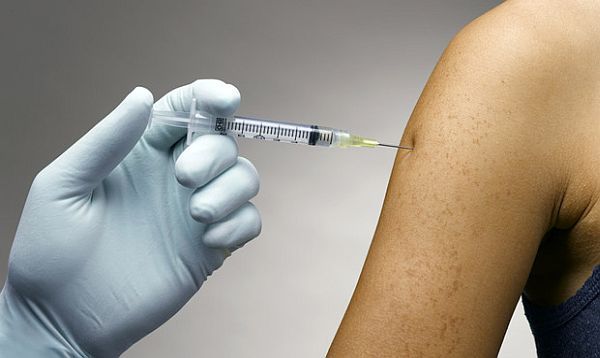According to a recent report, patients with Hepatitis B (HBV) in South American countries and Mexico often go undiagnosed, and are frequently undertreated - and they usually rely on government assistance to afford medication.
Approximately 60 percent of 146 surveyed specialists, including gastroenterologists, hepatologists, and specialists in infectious disease and internal medicine, indicated an increasing number of patients with newly diagnosed HBV during the previous 2 years. Many doctors also indicated, however, that most HBV cases within Brazil, Argentina, and Mexico go undiagnosed, and many diagnosed patients do not receive adequate treatment.
In Argentina and Brazil, government programs have allowed for greater access to HBV medication, with full coverage available for the majority of nucleotide analogues (antiviral products used to prevent viral replication in infected cells.) In Mexico, no such programs exist, and patients without government-sponsored health programs pay out-of-pocket for HBV treatment.
The report indicates that 61 to 79 percent of patients with HBV across the three countries rely on government sponsorship for treatment costs, and that fewer than 25 percent of those treated with Viread or Baraclude pay for treatment via private insurance.
"All of the countries discussed in our report perform health technology assessment evaluations to guide decisions on inclusion in government and social security drug formularies, either through national or institutional HTA bodies," Andreia Ribeiro, PhD, product manager for Decision Resources said. "New drugs need to establish not only a strong safety and efficacy profile, but they must also demonstrate value in terms of improved cost-benefit over current therapies to be included in formularies."


